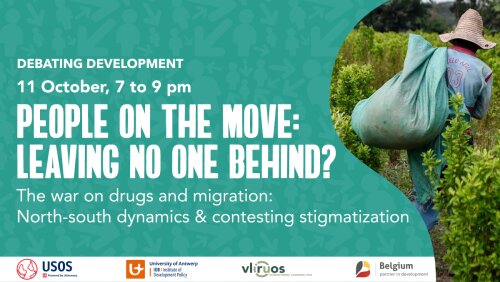
Drug trafficking is one of the biggest informal global value chains, connecting high levels of demand in Europe and North-America with producer regions of the Global South. In some countries there is an increasing -although still timid- tendency in public policy to liberalize consumption of hard drugs and address this as a problem of public health. However, the weakest actors involved in this value chain continue to be stigmatized and often persecuted as illegal subjects. In this debate, we will reflect on the complex relation between the global value chains of hard drugs and migration to critically deconstruct the stigmatization faced by those people taking part in the lower scales of these value chains, exploring the negative implications of a long-term international war on drugs that keeps prohibition as the main strategy to fight narco-traffic.
The session will be opened by Ruby Sanders, who will deconstruct negative representations of migrant populations in their relation with drugs consumption and commercialization, through the analysis of popular culture in television series and films that enforce the stigmatization. Her views will be complemented with the presentation of two case studies in Belgium and Colombia, zooming in on the relation between drugs, migration and social exclusion. Itayosara Rojas will discuss the links between prohibition and conflicts in the Colombian Amazonia. She will show how the military and legal persecution of peasants who grow coca contributes to a vicious cycle of land dispossessions, internal forced displacement and deforestation. Charlotte de Kock will address how drug-related stigmatization of migrants is rooted in epidemiological studies that end up legitimizing criminalization and ‘othering’. Although this has been mostly evidenced in the USA, EU countries are ever more commonly prone to this process of stigmatizing which might results in blocking access to substance use treatment.
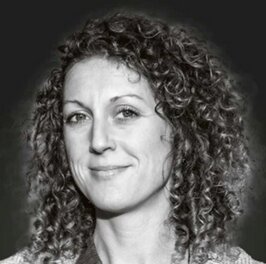
Ruby Sanders (invited speaker)
Ruby Sanders is a researcher and journalist based in Amsterdam. She studied Film Studies (Cinema and Popular Culture) and Latin American studies in Amsterdam. She is one of the founders of the Latin-America magazine conSentido and works for the magazine Mondiaal Nieuws. Her work focuses on Latin America cinema and popular culture, human rights and climate.
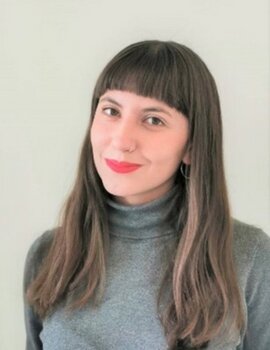
Itayosara Rojas (invited speaker)
Itayosara Rojas is a PhD Researcher at the International Institute of Social Studies (ISS), Erasmus University Rotterdam, as a member of the project "Commodity & Land Rushes and Regimes: Reshaping Five Spheres of Global Social Life". In her research, Itayosara examines how the contemporary global commodity/land rushes (re)shape the politics of climate change, labour, and, state-citizenship relations in the Colombian Amazon. She focusses on socio-environmental conflicts at the commodities frontier, land-use transformations at the Colombian agricultural frontier and its links with the development of illegal economies such as coca leaf production and processing. She obtained her BA degree in Sociology at Universidad Nacional de Colombia and she holds an MSc degree in Rural Development from Ghent University.
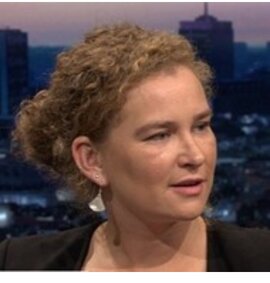
Charlotte De Kock (invited speaker)
Charlotte De Kock is a researcher at the Faculty of Law and Criminology of UGent. She is a member of the research group of Criminology, Criminal Law and Social Law. Since 2018, Charlotte has been focusing in the project ACCESS on policy research on equivalent drug treatment for migrants and ethnic minorities (MEM), a research area in which she has already published extensively. Charlotte is co-chair of the Diversity Committee of the Faculty of Law & Criminology and board member of the European Xchange Prevention Platform. She holds a master's degree in Cultural Studies (University of Lisbon), a bachelor's degree in African Studies, a minor in Political Science (UGent) and a PhD in Criminology.
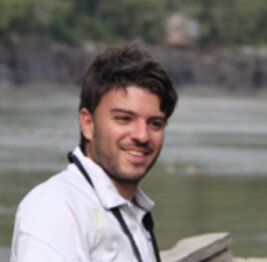
Juan Sebastián Vélez (moderator)
Juan Sebastián Vélez is a PhD researcher and academic assistant at the Institute of Development Policy (IOB) of the University of Antwerp, and a research associate at the Center for Alternatives to Development (CEALDES) in Colombia. His work focusses on topics related to political ecology, environmental justice, environmental anthropology and human geography. He is currently developing his PhD research about the intersection of environmental governance, social-ecological change and peasant struggles in the highlands of the Andes region and the northwestern Amazonia in Colombia. He is an anthropologist of Pontificia Universidad Javeriana (Colombia) and holds a master’s degree in Rural Development of this same university.